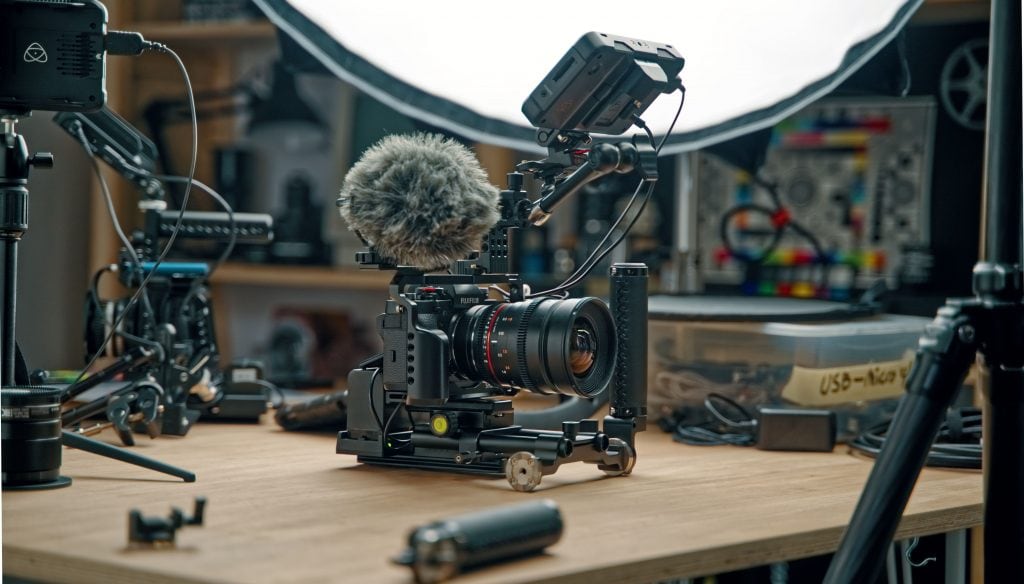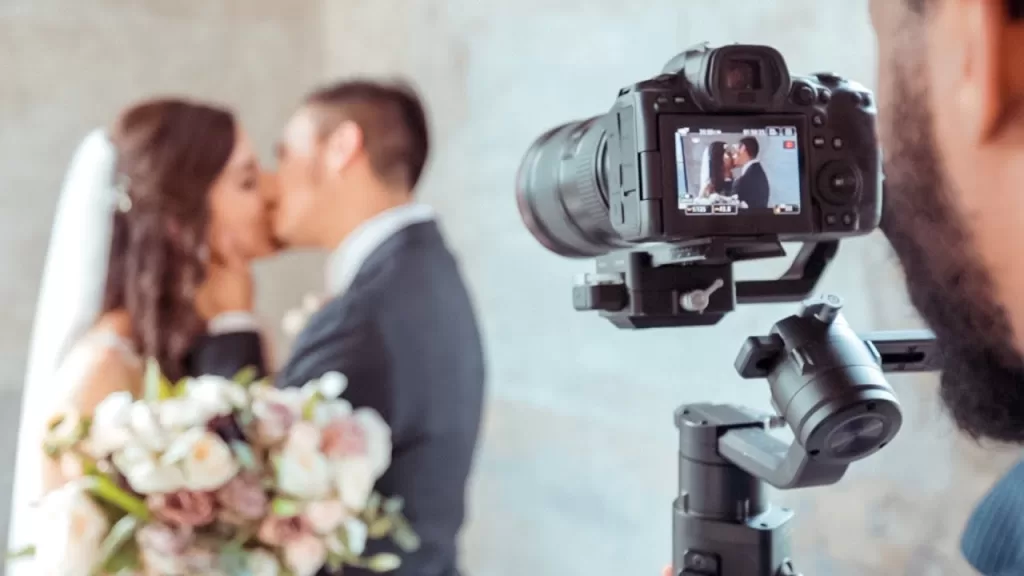Wedding Videography and Wedding Cinematography:
Unveiling the Differences
Storyteller Films for a Cinematic Masterpiece
Your wedding day is one of the most significant and memorable events in your life, and capturing it on film is essential to relive the magic for years to come. When it comes to preserving these cherished memories, two terms often come up: wedding videography and wedding cinematography. While these terms are sometimes used interchangeably, they represent two distinct approaches to documenting your special day. In this article, we will explore the key differences between wedding videography and wedding cinematography.
-
The Art of Storytelling
Wedding Videography: Wedding videography typically focuses on documenting the events of the day as they unfold naturally. Videographers capture the moments, from the ceremony to the reception, in a straightforward and chronological manner. The primary goal of wedding videography is to present a clear and comprehensive account of the day’s events.
Wedding Cinematography: Wedding cinematography, on the other hand, takes a more artistic and cinematic approach to storytelling. Cinematographers pay special attention to the visual and emotional aspects of the day, aiming to create a narrative that evokes the feelings, mood, and atmosphere of the event. They use various cinematic techniques, such as creative editing, music, and visual effects, to produce a film that resembles a mini-movie.
-
Equipment and Technique
Wedding Videography: Videographers often use high-quality video cameras and professional audio equipment to capture the day’s events. They aim for crisp and clear footage with a focus on documenting each moment as it naturally occurs. The use of tripods and stabilizers ensures steady shots, and audio recording is typically straightforward.
Wedding Cinematography: Cinematographers utilize advanced cinematic equipment, including DSLR or mirrorless cameras, drones, and gimbal stabilizers, to achieve a more cinematic and visually appealing look. They often employ techniques like slow motion, rack focus, and depth of field to create a visually stunning and emotionally engaging film. The use of external audio recorders captures clear and immersive sound, and they may also incorporate creative lighting techniques.

-
Editing and Post-Production
Wedding Videography: In wedding videography, the editing process focuses on creating a linear and chronological representation of the day. The final video is often a longer, documentary-style production that captures all the significant moments from start to finish. The editing is typically less stylized and more about preserving the day’s events as they happened.
Wedding Cinematography: Wedding cinematographers invest substantial time and effort in post-production. They carefully curate and edit the footage to craft a narrative that tells a more cinematic story. Cinematic wedding films are usually shorter in duration, often ranging from 5 to 15 minutes, and include creative transitions, color grading, and a well-chosen soundtrack. The result is a visually stunning and emotionally captivating film that resembles a short movie.
-
Emotional Impact
Wedding Videography: Wedding videography aims to capture the day’s events accurately and is an excellent choice for couples who want a comprehensive record of their wedding day. It excels at preserving the memories of the day, allowing you to relive the events and emotions as they happened.
Wedding Cinematography: Wedding cinematography goes beyond simply documenting events. It strives to evoke emotions and create a cinematic experience that transports you back to the day, making you feel the joy, love, and excitement all over again. It’s an ideal choice for couples who want a more artistic and emotionally charged representation of their wedding.
Conclusion
Ultimately, the choice between wedding videography and wedding cinematography depends on your preferences and what you value most in your wedding film. Videography offers a comprehensive and chronological account of the day, while cinematography creates a visually stunning and emotionally engaging narrative. Whichever option you choose, both can provide you with a beautiful way to remember and relive your special day for years to come. A good example of a Wedding Cinematographer can be seen here. https://www.philipbloom.net/

